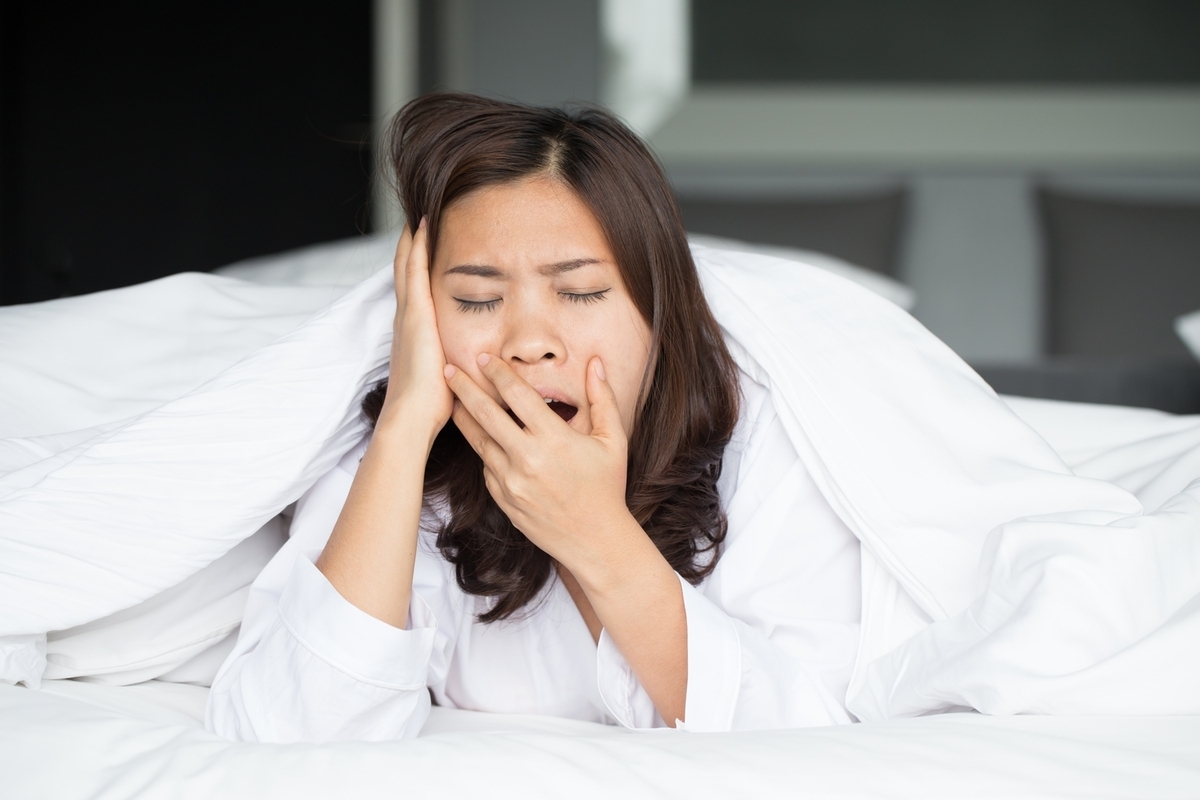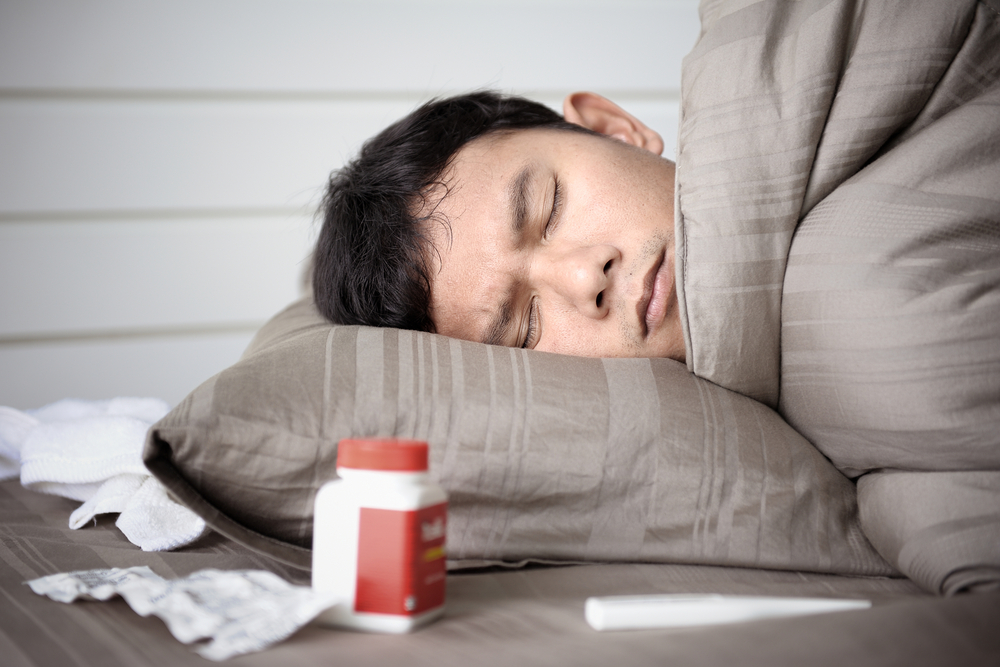Understanding and Managing Persistent Daytime Sleepiness
Persistent daytime sleepiness significantly impacts daily functioning and well-being. This article explores common causes like sleep disorders, mental health issues, and lifestyle habits. It offers practical strategies, including improved sleep hygiene and medical treatments such as CPAP therapy and behavioral interventions. Recognizing underlying health conditions and making lifestyle adjustments can effectively reduce sleepiness and restore alertness. Learning how to manage sleep health promotes better mental and physical health, enabling individuals to lead more energetic and productive lives. Seek professional help if daytime drowsiness persists.
Sponsored

Many individuals worldwide experience chronic daytime drowsiness, which hampers daily activities and overall quality of life. This overwhelming tiredness persists despite getting enough sleep at night. It often points to underlying health issues or lifestyle habits. This article explores the main causes of ongoing sleepiness during the day, helping readers recognize potential problems and find effective strategies to improve alertness and well-being.
What is Persistent Daytime Sleepiness?
Persistent sleepiness is a symptom, not a standalone condition. Identifying the root cause is crucial for proper treatment and management.
Beyond fatigue, chronic daytime sleepiness can lead to accidents, diminished cognitive function, and reduced well-being.
Health Conditions Linked to Daytime Sleepiness
Sleep-Related Disorders
1. Obstructive Sleep Apnea (OSA): A prevalent cause where airway blockages cause interrupted breathing during sleep, leading to fragmented sleep and daytime fatigue.
2. Narcolepsy: A neurological disorder causing sudden sleep attacks and muscle weakness, disrupting normal sleep patterns.
3. Restless Legs Syndrome (RLS) and Periodic Limb Movement Disorder (PLMD): Involuntary leg movements during sleep disturb rest, resulting in daytime sleepiness.
Psychological Factors
1. Depression and Anxiety: Mood disorders can impair sleep quality—depression may cause excessive sleep, while anxiety often fragments sleep, both contributing to exhaustion.
2. Bipolar Disorder: Sleep irregularities during mood episodes can cause persistent tiredness.
Chronic Health Issues
1. Chronic Fatigue Syndrome (CFS): Intense fatigue unrelieved by rest, coupled with sleep issues, leads to ongoing sleepiness.
2. Hypothyroidism: An underactive thyroid reduces metabolic activity, causing sluggishness and daytime drowsiness.
3. Diabetes and Blood Sugar Fluctuations: Variations in blood glucose levels can cause tiredness and disrupt sleep patterns.
Lifestyle Habits Contributing to Sleepiness
Poor Sleep Patterns
1. Irregular Sleep Routine: Variations in sleep timing disturb the body's internal clock, affecting sleep quality.
2. Sleep Environment: Noise, light, and uncomfortable surroundings hinder restful sleep.
3. Screen Exposure: Blue light from devices before bed suppresses melatonin, delaying sleep onset.
Substance Use
1. Caffeine and Alcohol: Excessive caffeine can cause insomnia, while alcohol may deplete sleep quality later in the night.
2. Smoking: Nicotine is a stimulant that can interfere with sleep initiation and quality.
Ways to Reduce Daytime Sleepiness
Improving alertness involves lifestyle changes and, when needed, medical intervention. Consider the following strategies:
Enhancing Sleep Hygiene
1. Consistent Sleep Schedule: Going to bed and waking up at the same times daily helps regulate your circadian rhythm.
2. Sleep-Friendly Environment: Keep your room dark, quiet, and cool for better sleep.
3. Minimize Screen Time: Reducing device usage before bed promotes natural sleep processes.
4. Watch Consumption: Limit caffeine and alcohol intake close to bedtime to improve sleep quality.
Medical Interventions
1. CPAP Therapy: For sleep apnea, continuous positive airway pressure devices help keep airways open, enhancing sleep quality and reducing sleepiness.
2. Medications: Certain prescriptions can assist in managing levels of sleepiness, especially for sleep disorders or mental health conditions.
3. Behavioral Therapy: Techniques like Cognitive Behavioral Therapy for Insomnia (CBT-I) can help address sleep disturbances linked to mental health issues.
Persistent daytime sleepiness involves various health and lifestyle factors. Recognizing these causes enables targeted treatment and lifestyle adjustments. Improving sleep habits, treating underlying health issues, and consulting healthcare providers can greatly lessen sleepiness and enhance life quality. A proactive approach leads to better health, increased productivity, and overall well-being. If ongoing sleepiness affects your daily life, seeking professional advice is a vital step toward renewed energy and vitality.






